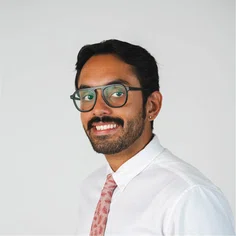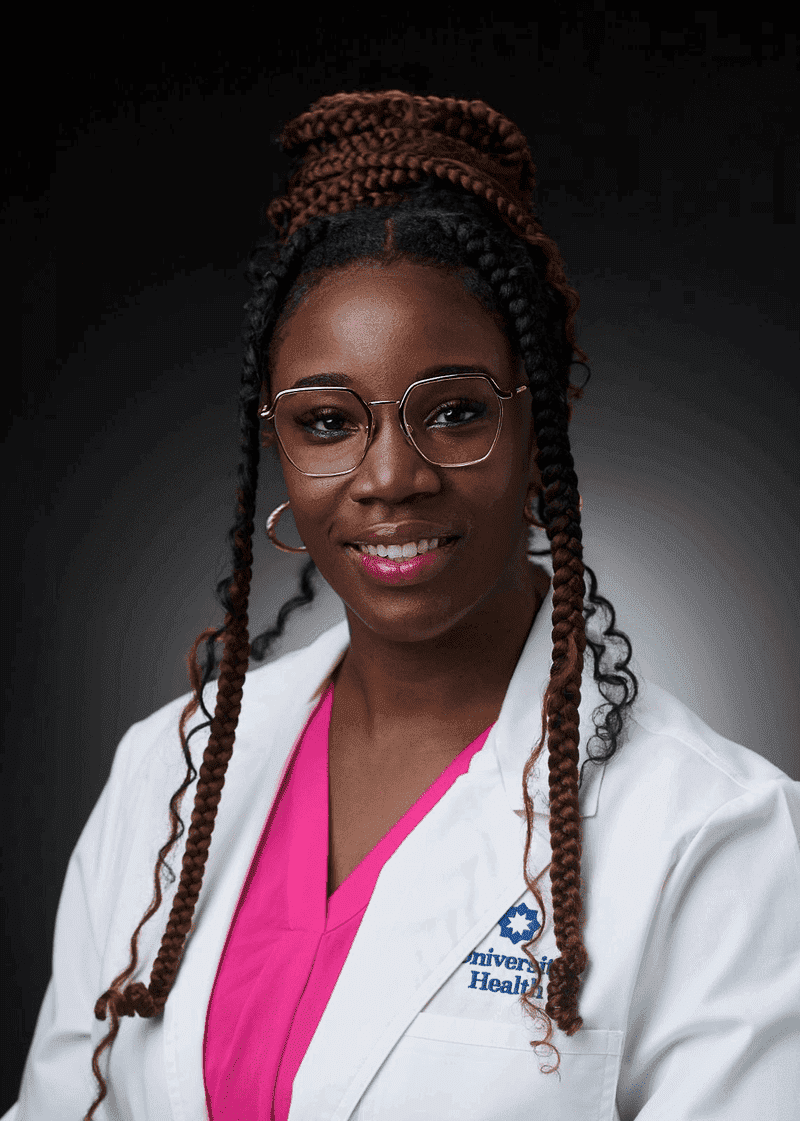


result
These Members are Taking the Lead with DEI Outreach to Medical Students
These Members are Taking the Lead with DEI Outreach to Medical Students
Many of the individuals who contribute to Diversity, Equity and Inclusion (DEI) efforts are motivated by not just the injustices of inequality, but by a personal desire to give back. That’s certainly the case for David A. Sanchez, MD, a member of the AAAAI’s Diversity, Equity and Inclusion (DEI) Committee who recently participated in student outreach sessions in Los Angeles.

David A. Sanchez, MD
“As a first-generation Latino from a low-income background, I attribute a significant part of my success to special interest groups and pipeline programs focused on supporting students and residents who are underrepresented in medicine,” Dr. Sanchez said. “Through groups like the Latino Medical Student Association (LMSA), I gained several mentors that helped guide me throughout every stage of my training. Since finishing my training, I feel it is my duty to give back and provide that same level of support and motivation to the next generation of Black and Latino/a physicians, particularly those interested in allergy/immunology.”
In September of 2024, four members of the DEI committee spoke at student outreach sessions at the LMSA meeting in Los Angeles, including Dr. Sanchez, Javier S. Cabrera-Pérez, MD, PhD, Jessica L. Stern, MD, and Chioma Udemgba, MD.
From left to right - Chioma Udemgba, MD, Javier S. Cabrera-Pérez, MD, PhD, Jessica L. Stern, MD, and David A. Sanchez, MD, at the LMSA meeting.
Dr. Cabrera-Pérez explained why outreach events like this are so important for the field and DEI efforts. “Allergy/immunology is a specialty that is not readily accessible to many medical students. My own training (a PhD in immunology) and my personal life – having lifelong asthma and losing my brother to an immune deficiency – should have drawn me to allergy/immunology in medical school, but I did not know the breadth of clinical opportunities it offered and how well it fit as a medical specialty with my interests and values until later. I believe that these barriers to the specialty are even greater among students who are first generation physicians and may not be aware of the different paths that their career can take.”
Dr. Udemgba attended Duke University School of Medicine, which has a robust allergy/immunology program and exposed her to the field early. Not everyone is so fortunate. “I recognize the importance of having more diverse representation in the workforce and how allergy is often overlooked as a career option for future physicians, especially those from underrepresented groups,” she said. “My early exposure helped spark my interest in allergy/immunology and being a part of outreach is a way that I can light that spark for others.”

Chioma Udemgba, MD
Participating in outreach events like this has grown even more important in recent years, according to Dr. Udemgba. “These types of sessions and programs help show our dedication to addressing the gaps that exist, especially from a trainee/workforce standpoint. This is especially important to do in a time when other organizations and specialties are shying away from these types of efforts,” Dr. Udemgba said.
Members of the DEI committee presented at two sessions during the LMSA meeting. They discussed different career options for those interested in the field of allergy/immunology and highlighted how social determinants of health impact outcomes for allergic conditions like asthma, food allergy and eczema.
“Our goal for both talks was to inform trainees about the wonderful opportunity to engage in meaningful work as allergist/immunologists, and in particular, how choosing to become an allergist/immunologist can positively impact the communities we come from,” Dr. Sanchez explained.
Outreach like this, for Dr. Cabrera-Pérez, extends beyond addressing disparities in medical careers. It also helps to address disparities in medical care. “When I am given the opportunity to plant the seed of how useful our specialty is in students from all backgrounds, I feel my contribution can help change the tremendous disparities we see by ethnicity and wealth in the care and treatment of immunological disorders,” he said. “Individuals from Latino cultures may view the treatment of allergies as a luxury, or not a matter of life and death. I view these diseases as immunological torture, and torture to the mind and body is something that any physician should strive to eliminate. My hope is efforts such as this one will help minority or under-represented students see allergies in a different light, educate their communities, refer their patients and even consider joining our specialty.”
The DEI committee hopes to speak at more outreach events like this in the future. If you are interested in getting involved with projects such as these or other DEI efforts, please reach out to the committee staff liaison, Candace Archie, at carchie@aaaai.org.
“I will absolutely be participating in more events such as the LMSA meeting. As our field grows, and allergies affect people around the globe, the requirement for diverse perspective and training the next generation of physicians is paramount to continued growth and scientific breakthroughs and inquiry. As a first-generation Dominican physician, I am proud to continue to share my journey with the next generation of physician scientists, and continue to mentor as many budding allergists as I can.”
Jessica L. Stern, MD




